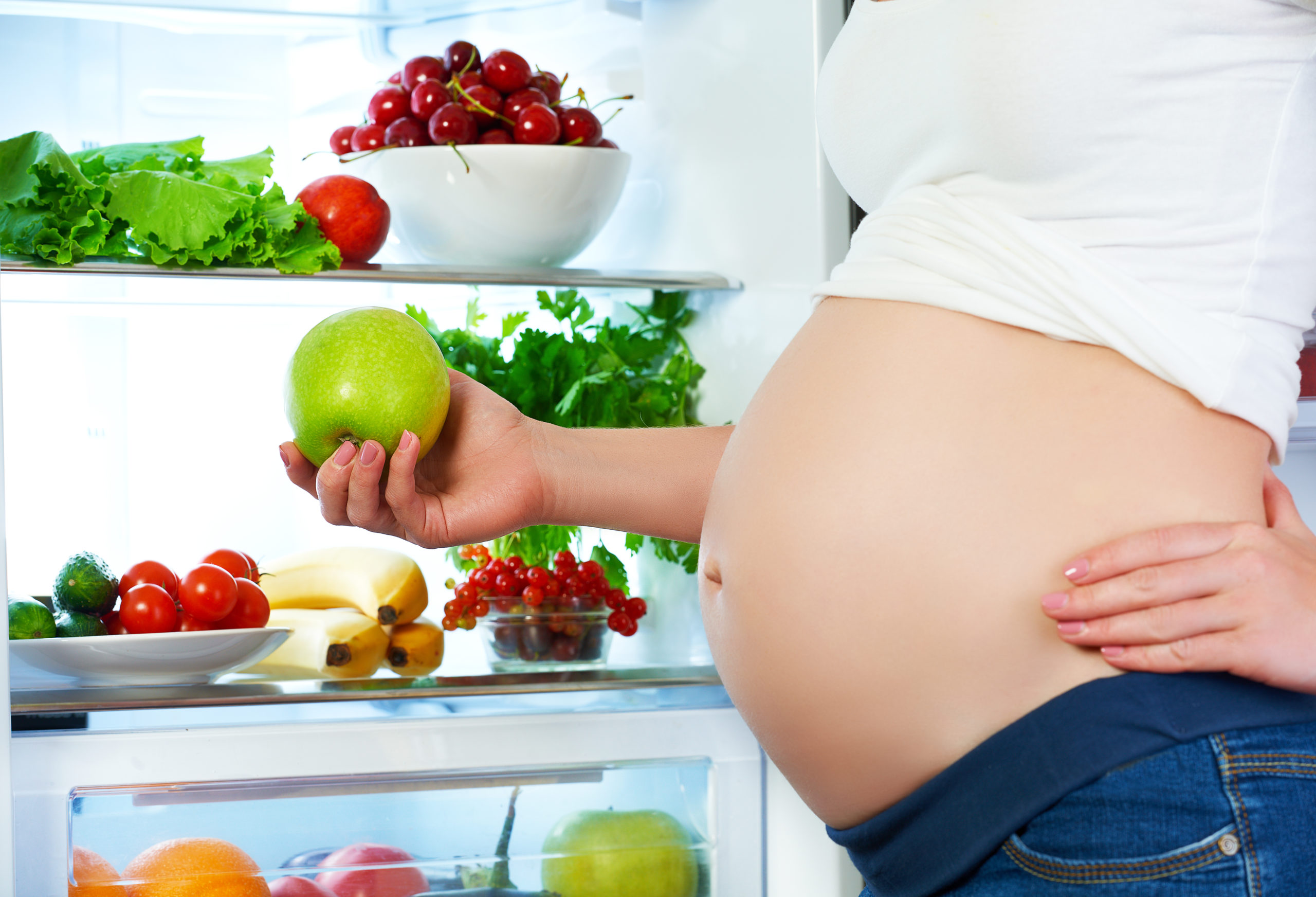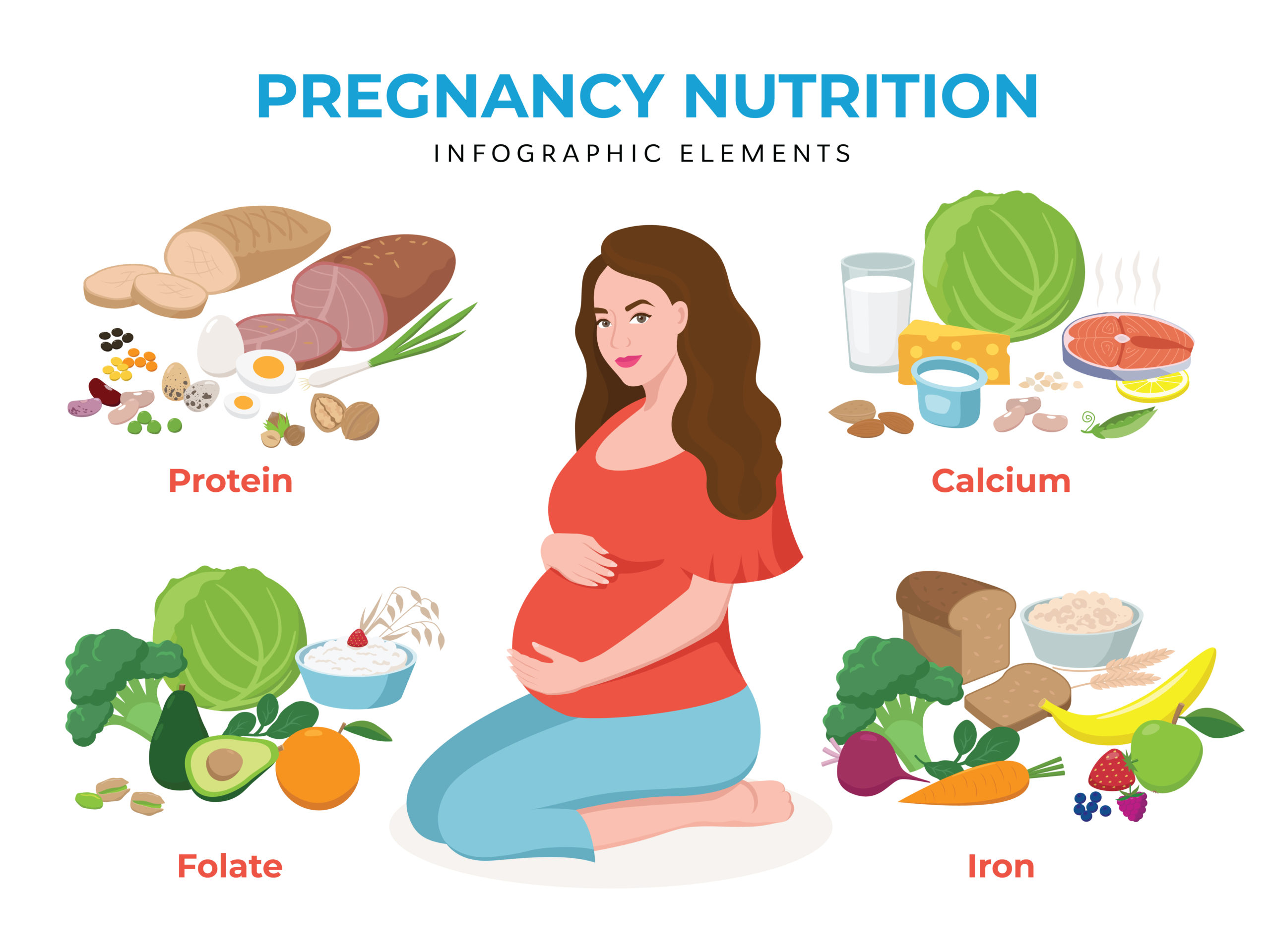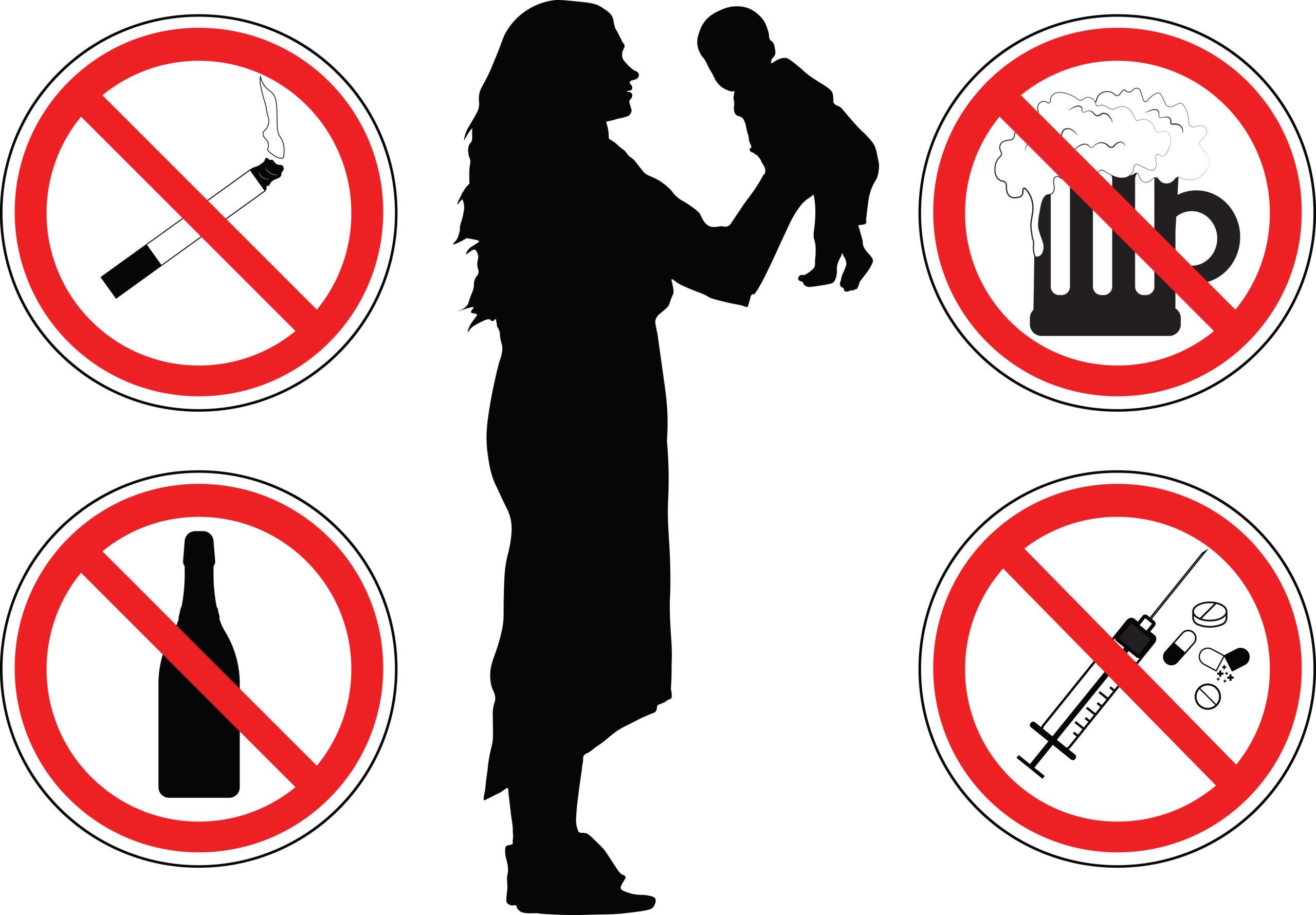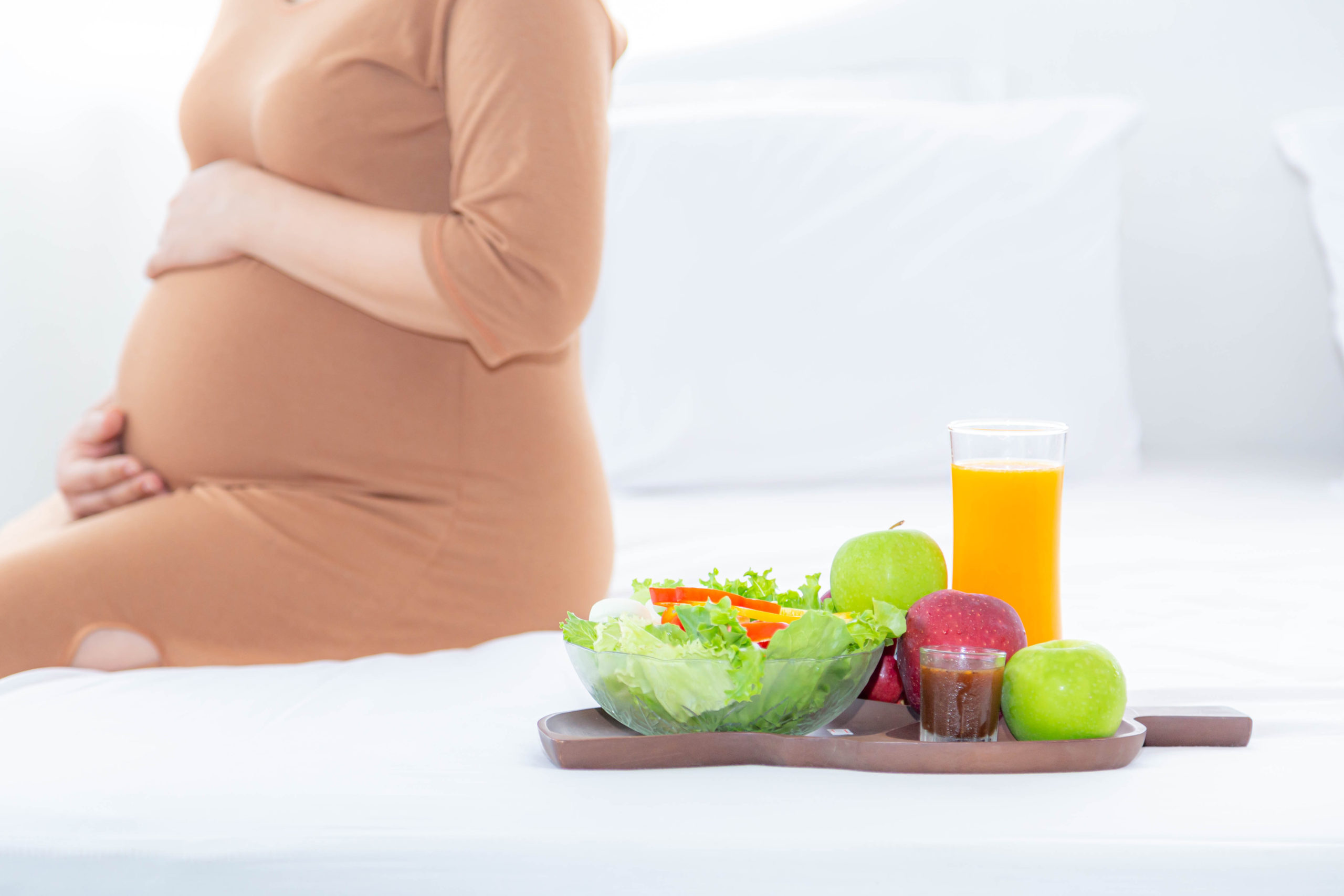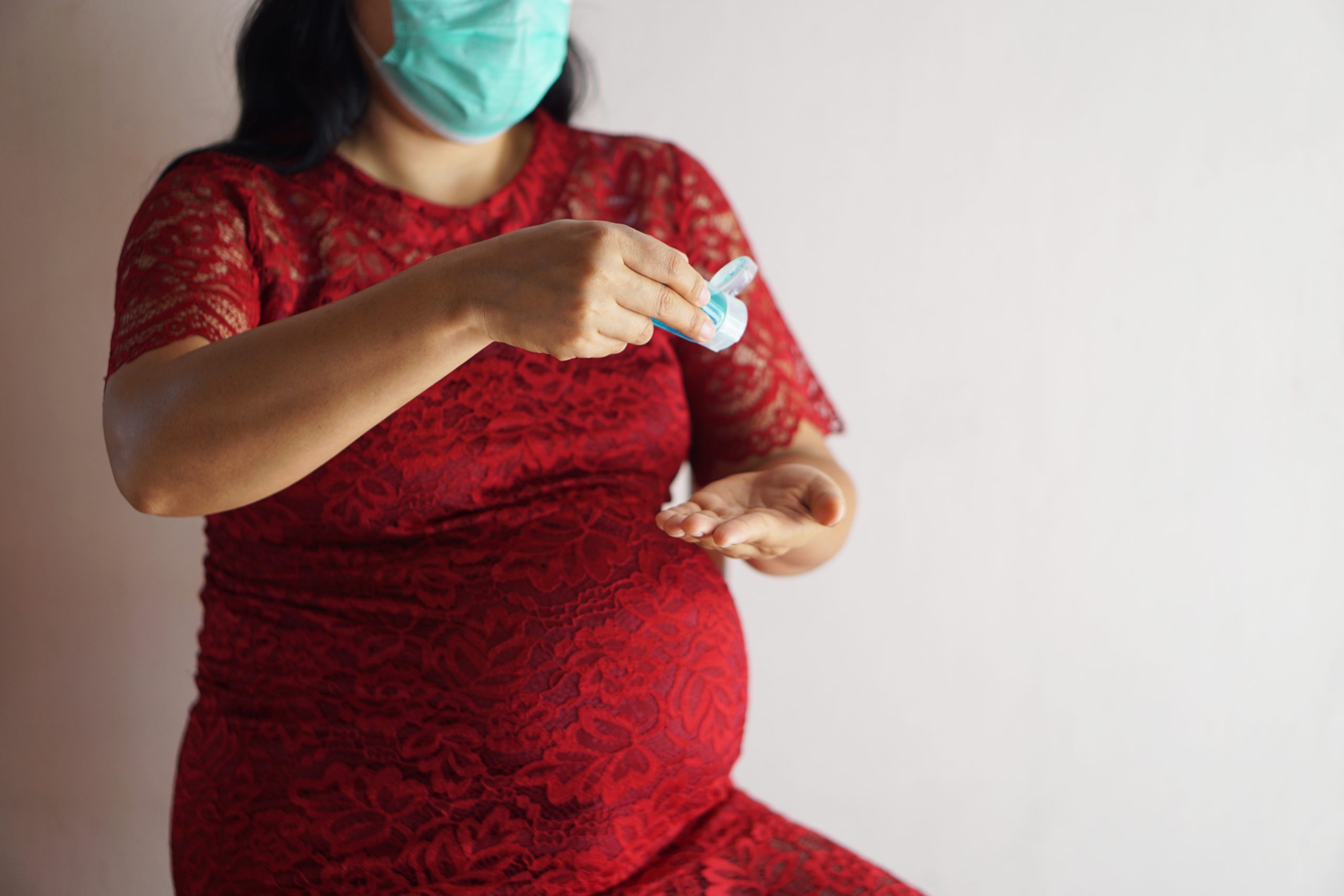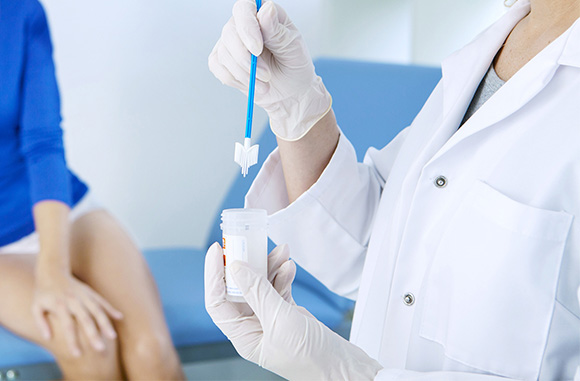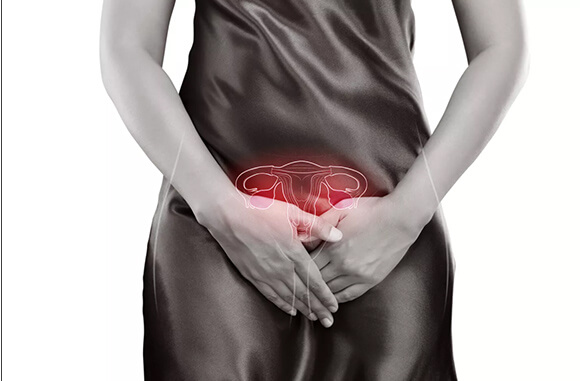What is ‘the first 1000 days?’
Pregnancy care remains one of the most important aspects of obstetrics and gynaecology. The first 1000 days signify the period that spans 1000 days from the conception of a child. It’s a period that denotes the children’s experiences throughout the first 1000 days of their life – from conception to age 2. The concept of ”First 1000 Days” involves a period of swift physical growth and quick mental growth.
The foetal health depends upon the mother for nutrition and various other aspects. Mother’s nutrition plays a crucial role in the mental, emotional and physical growth of the foetus. The first three months of pregnancy are referred to as the first trimester.
‘The first 1000 days… Why are they so important?
Statistics suggest that about 155 million children worldwide suffer from stunting. Stunting or stunted growth involves a low birth weight for the age of such children. 52 million kids are wasted. It signifies that 52 million kids have a low birth weight for their height. A population of about 41 million kids grapple with obesity or being overweight. As many as 50% of pregnant women worldwide suffer from anaemia due to poor diet. The same issue contributes to anaemia even in the babies born to anaemic ladies. Millions of children are unable to get the nutrition they require for healthy growth and development.
Nutrition in pregnancy and infancy:
Do you wonder how you can facilitate proper trimester care? You may consider various methods to ensure sufficient nutrition for your infant during the first 1000 days. The first step towards full-fledged pregnancy care starts during the first three months of pregnancy. The first step is to eat a varied diet full of vitamins and minerals. Breastfeeding is the best way to start strengthening the baby soon after he/she is born. Breastmilk is known for various health benefits. It promotes higher intelligence, IQ scores, and motor function skills. Breastmilk is essential for healthy brain development. Breastmilk protects the baby from various health issues. They may include eczema, abdominal issues, SIDS, various allergies and viruses. Breastfeeding betters the overall senses and emotional processes in the babies.
As you are done with breastfeeding, stockpile your kitchen with natural ingredients and wholesome foods. Make sure that your baby is getting a list of items full of micronutrients. They should be free of allergens. It’s time you allow your baby to pamper his/her taste buds. Informed parenting and nutritional diet are the backbones of those healthy 1000 days.
Nutrition in the first 1000 days:
Parents play a crucial role to identify the kid’s nutritional requirements. Babies require ample proteins, calories and nutrients- as a foetus and as a child – for a healthy life. Below is a list of nutrients essential for the babies during the first 1000 days.
- Vitamin A:
Major organs, vision and cells depend on Vitamin A. The deficiency of Vitamin A may be rare. But now, it’s occurring as a global challenge.
- Long-Chain Polyunsaturated Fatty Acids (Like DHA):
DHA, more formally, long-chain polyunsaturated fatty acids are essential in the healthy development of the brain. DHA aids the overall immunity and immune function. This is probably the reason why most obstetricians ask pregnant women to stay away from fish contaminated by mercury.
- Calcium:
No other nutrient replaces Calcium in the way it aids bone function. Calcium is an irreplaceable part of a kid’s diet as it addresses bone health. Calcium forms a major part of the nutrition required for healthy blood clot function, muscles, teeth and nerves.
- Folate:
Folate is essential for the health of both mother and her baby. Folate plays a crucial role in the development of the brain and spinal cord. Fruits, grains, prenatal vitamins and leafy green vegetables promise ample supply of folate.
- Iodine:
Iodine actively contributes to healthy brain development. Lack of iodine or scarcity of iodine may impair brain development.
- Iron:
Around one in 10 kids grapple with iron deficiency in some phase. The deficiency of iron may cause impairment of social behaviour, disabilities while learning and irritability. Every baby is born with some quantity of iron. The overall amount of iron naturally depletes in 4-6 months. And therefore, iron supply is important throughout the 1000 days of a baby’s life. Iron is also linked with depression in later life. Even if you address the deficiency of iron in the first 1000 days, it may influence adulthood. It’s important to ensure ample provision of iron from pregnancy through the age of two.
Baby’s brain in the first 1000 days:
The first 1000 days are crucial for the baby’s brain to develop quickly. The baby’s brain develops quicker than ever during these first 1000 days. The way the brain of the baby develops and accustoms itself to its environment determines the kind of personage the baby will grow into. A dietary regimen you introduce to your platter in pregnancy will contribute to your baby’s intelligence. Similarly, the diet in early childhood allows your baby to learn, adopt physical skills and foster good emotional health.
Being famished or exposed to distress during the first 1000 days will leave lifelong impacts on your baby’s healthy growth. The brain is an organ that associates itself with many other parts of the body. Therefore, if it’s exposed to unsafe or unhealthy circumstances in the first 1000 days, it hampers physical growth as well.
Distress and trauma during the first 1000 days:
Baby’s nervous system and healthy growth is an unavoidable aspect of a healthy pregnancy and childbirth. Researches denote that a mother exposed to distress or depression in pregnancy may end up complicating the overall pregnancy and childbirth. High blood pressure, obesity, diabetes and heart ailments may threaten the baby later in his/her life.
Domestic violence or emotional neglect in pregnancy may leave lifelong impacts on the baby. Parents who lack composure before the baby is born may fail to establish a good emotional rapport with the baby. It’s not your fault if you encounter any emotional neglect in pregnancy. But speak to a counsellor or a life coach if you need a kind hand.
What best can you do to achieve the maximum benefits from the first 1000 days?
- Enjoy a healthy and balanced diet when you are pregnant
- Seek psychological support if you feel that you are facing emotional neglect.
- Avoid smoking, caffeine, alcohol and drugs
- Breastfeed the baby at least for the first 6 months.
- Make sure that the baby is on a healthy and balanced diet
- Give your baby the love and attention and make her feel secure
- Manage your stress by getting involved in various playful and funny activities
- Form an affable relationship with your baby
- Relationships are the bonds that your baby learns to develop from you.
- Let them learn how to view the world and how to fit into a healthy society with healthy relationships.


 Toll Free Number
Toll Free Number







